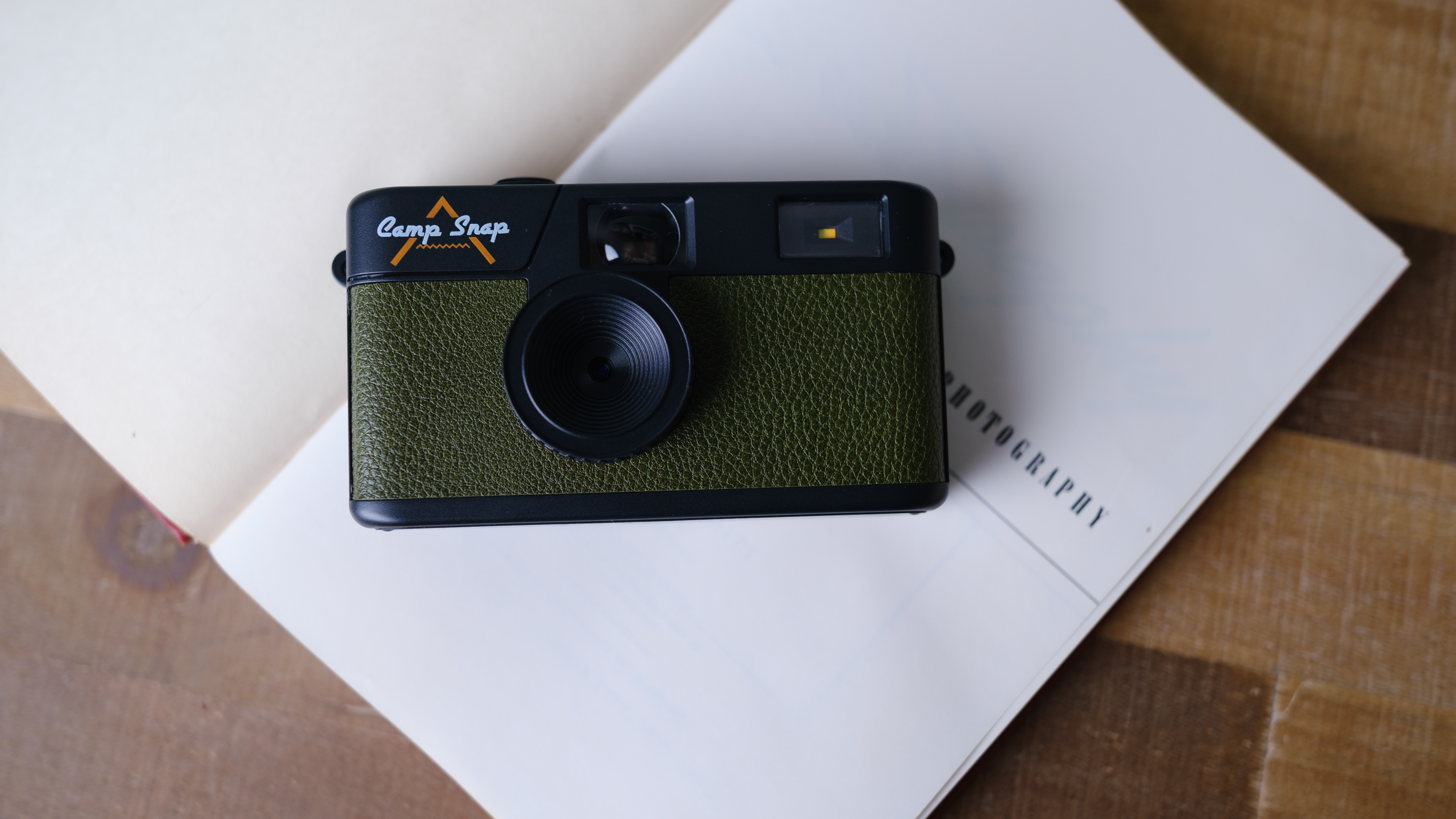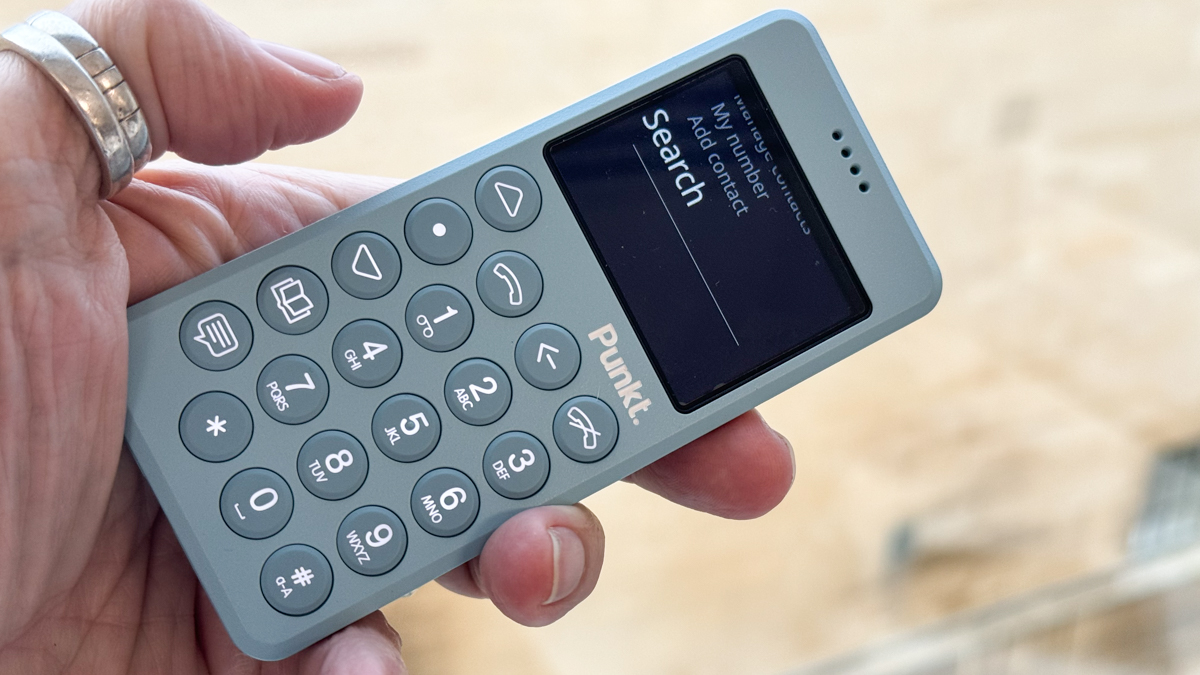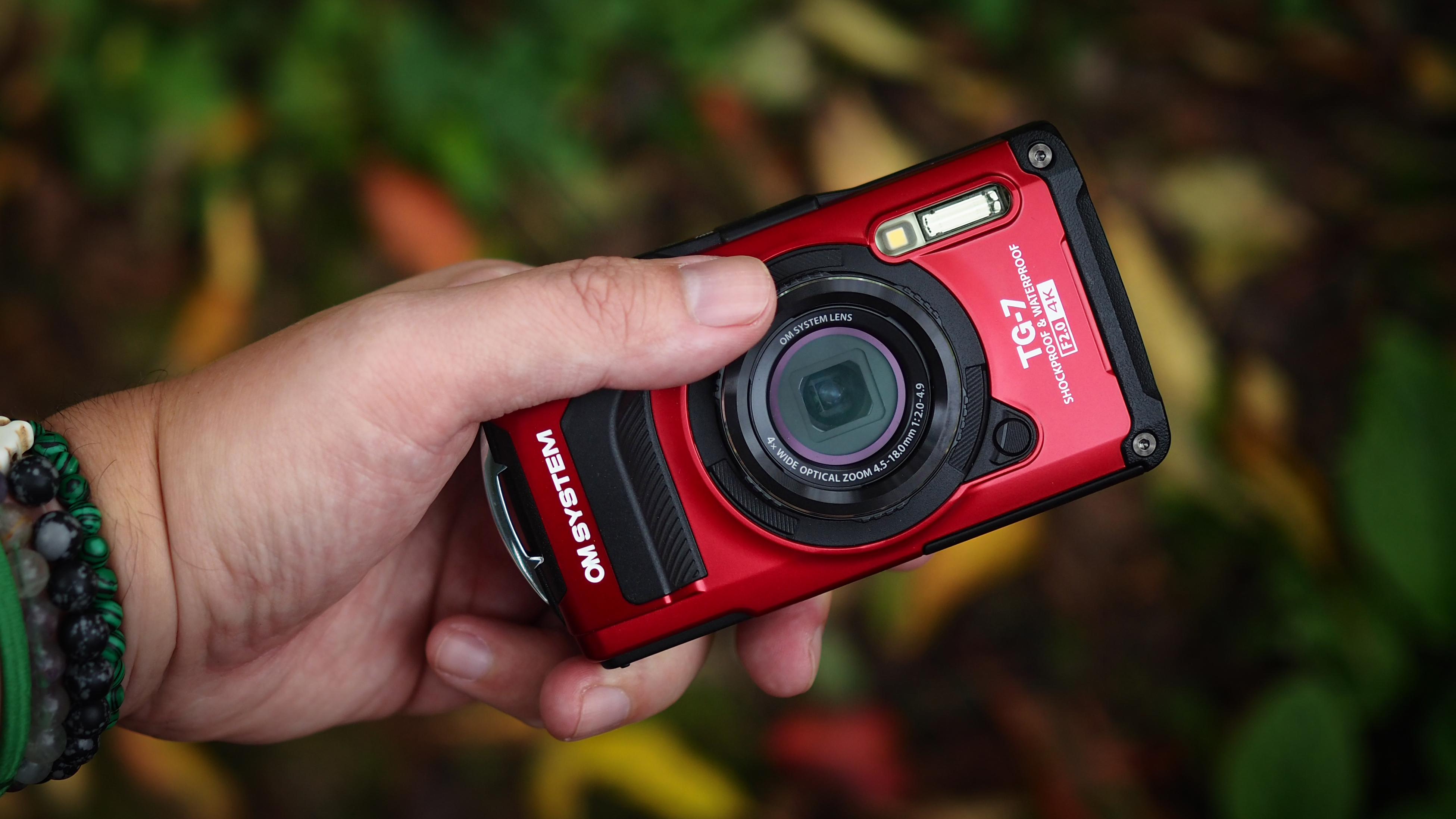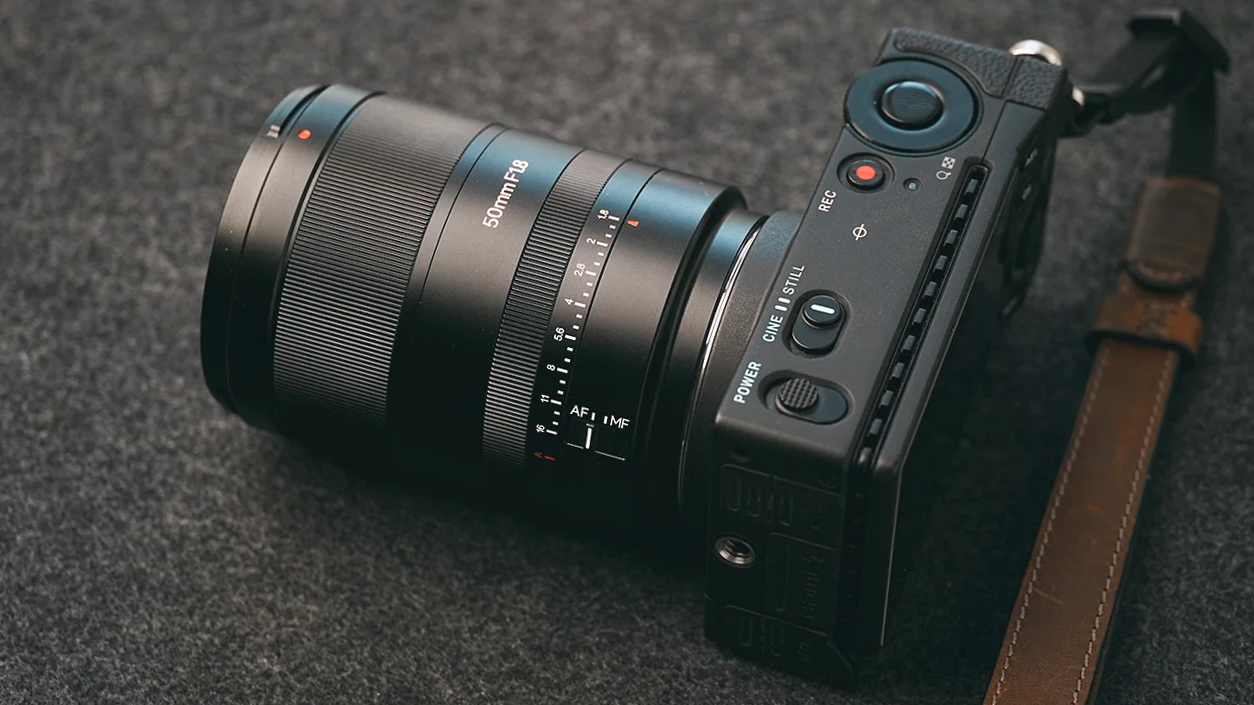Cameras are “dumb tech.” No, that’s not an insult – it’s the reason compact cameras are making a comeback
The reason compact cameras are making a comeback may not be just about image quality, but digital minimalism

On my last vacation, I took more photos with a cheap compact than with my mirrorless camera. I spent an entire week without checking emails or reading the news on my iPhone. For seven full days, I felt liberated.
But when I read a recent article on digital minimalism that included the camera among a list of “dumb tech,” I was only slightly annoyed that my favorite piece of technology was being subjected to middle-school-level taunting. The other part of me? I felt nostalgic for that low-tech, disconnected vacation.
As the camera phone improved, the compact camera market tanked. Only a few high-end model compact cameras remained, as simple point-and-shoots were replaced by the devices already in pockets. Today, our smartphones tend to have two or three cameras rather than just one – and yet the point-and-shoot market is skyrocketing.
Some of the compact camera’s resurgence could be because, yes, many point-and-shoots still have better image quality than smartphones, with longer lenses and larger sensors. But part of the compact camera’s seemingly inexplicable popularity is due to the trend towards digital minimalism.

Digital minimalism sounds like a misnomer. After all, its proponents carry around a flip phone, a notebook, an MP3 player and a compact camera instead of one single smartphone. But minimalism isn’t about the number of devices but the level of connectivity – and the level of distractions that come with it.
Similarly, calling a camera “dumb tech” doesn’t refer to actual software smarts. Cameras are now far smarter than before, with AI autofocus, computational photography and Bluetooth connectivity. “Dumb” here, in this instance, serves as a synonym for “disconnected.”
Interacting with a smartphone creates dopamine, which can lead to an actual chemical addiction to devices. It’s difficult to swipe to open the camera app and not get distracted by a notification, or remember with my phone in my hand that I was supposed to add paper towels to my grocery list, or that I haven’t yet responded to that email. None of those distractions are present on a dedicated camera.
Get the Digital Camera World Newsletter
The best camera deals, reviews, product advice, and unmissable photography news, direct to your inbox!
Fewer distractions are just part of the digital minimalism equation, however. When I take a photo with my camera, I’m far more intentional about it than when I take a photo with my iPhone. Yes, some photos on my iPhone are memories that would have disappeared had I not taken the time to pull out my mirrorless camera.
But the number of screenshots, photos so I don’t forget something, and photos that I forgot about just hours after taking them, suggests my mindset with a camera app in my hand is far different than with an actual camera in my grasp.

The other reason that I’ve found behind why I prefer my inexpensive compact waterproof camera over taking photos with my phone is that smartphone photography feels increasingly artificial. Remember the scandal when people thought that Samsung’s Space Zoom was faking images of the moon? Just a few short years later, smartphones are using AI to edit images as they are taken.
Addressing criticism of the new Google Pixel Best Take and Magic Eraser, Pixel Product Manager Isaac Renoylds described the tool as recreating memories because “your memories are different from reality.”
Smartphone cameras are becoming increasingly focused on computational photography and less on actual photography. Ironically, this is happening as younger generations buy up old 2000s-era digicams, because a sharper, brighter, more colorful image isn’t everyone’s definition of “better.”
Just look at the Camp Snap, a screen-free digital camera that was originally designed for kids but has now attracted even adults for its modern take on digital minimalism.
I don’t plan on replacing my smartphone with a flip phone anytime soon – turning on screen time limits has brought some of that digital liberation without carrying several items or eliminating the essential tools that I use to run a wedding and portrait photography business.
But the camera will forever be my favorite piece of “dumb” technology – and I’m going to continue to embrace staying present in real memories with a disconnected camera.
You may also like
First time buying a camera that's not part of a smartphone? Take a look at the best camera for beginners or the best retro cameras.

With more than a decade of experience reviewing and writing about cameras and technology, Hillary K. Grigonis leads the US coverage for Digital Camera World. Her work has appeared in Business Insider, Digital Trends, Pocket-lint, Rangefinder, The Phoblographer and more.
You must confirm your public display name before commenting
Please logout and then login again, you will then be prompted to enter your display name.
